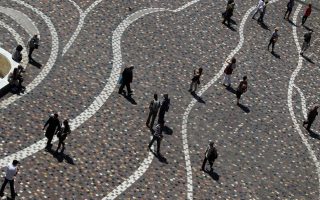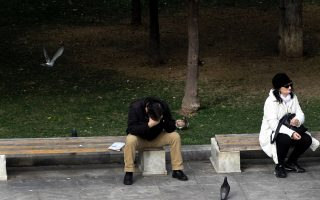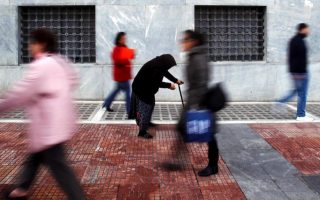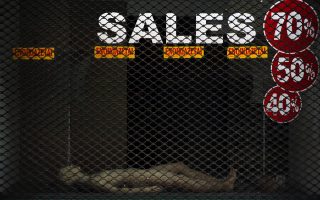Playing with lives on our roads
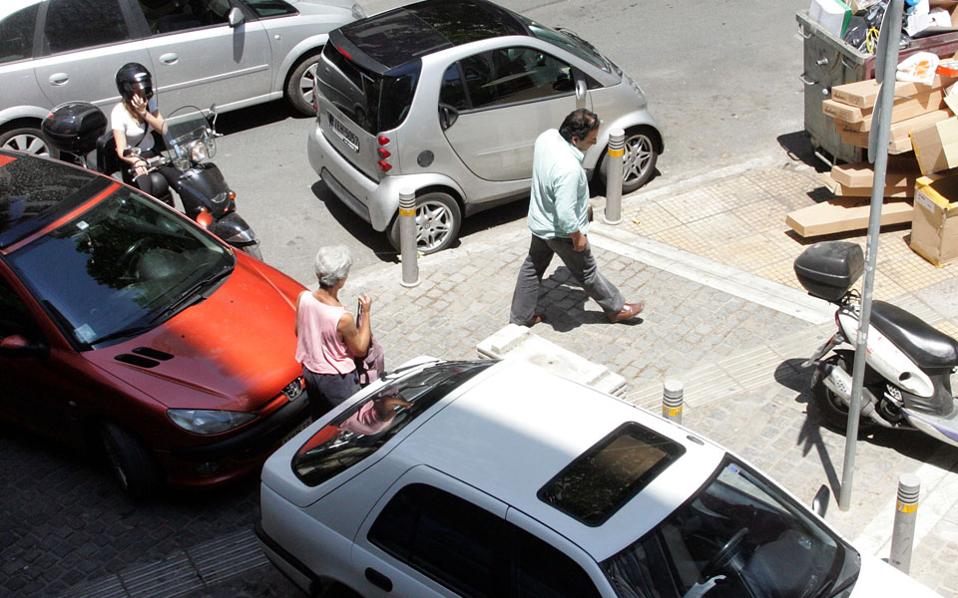
A few nights ago, I was about to step off the sidewalk to cross the road outside my home when a car hurtled past me. I was startled – not because I was more distracted than usual but because the vehicle was speeding illegally up a one-way street. I caught a glimpse of young people inside. They may have been laughing. I don’t know if they even saw me. I felt despair and anger.
If I had got there a few seconds earlier, I would have looked left and seen that nothing was coming. It was very late, perhaps I would not have expected anything to come from the right, and I may not have looked that way before stepping into the vehicle’s path. Also, if a car had turned from the small side street into the main road, the two vehicles would have collided head-on, as there was no space for the speeding one to stop or swerve. The road is narrow but relatively busy. That’s why it is a one-way street. Late at night there are usually no children or old people about, but such illegal behavior is dangerous at any moment of the day.
Each year we grow accustomed to ever more outrageous behavior. For years we have tolerated motorcycles driving or parking on sidewalks, then they began to drive against traffic on one-way streets. Adhering to the traffic code and obeying signs and traffic lights appears to be a purely voluntary exercise for many motorcyclists. Now the illness of traffic insubordination has spread to car drivers. More and more, they drive up one-way streets. The traffic police figures are not particularly helpful: Although they list “driving into oncoming traffic” as a principal cause of deaths (costing the lives of 63 of the 789 killed in Greece in 2015), this concerns two-way roads. “Driving the wrong way on a one-way street” is lost in the category “Other Violations.”
Anecdotally, however, it is clear we are seeing more traffic violations on our roads and sidewalks, even if it is difficult to prove with statistics. Today there are fewer vehicles on the road than at the start of the economic crisis, so it is natural the number of deaths will have dropped. In 2007, for example, 1,449 people died on our roads. Policing, too, is a variable, so we cannot draw firm conclusions as to whether violations have increased, nor their possible causes. What statistics do show, though, is that apart from difficult traffic conditions (such as inadequate road signs, worn surfaces, and so on, which caused six deaths in 2015), dangers on our roads are mainly the fault of bad drivers, much of this stemming from a lack of personal discipline. And this problem does not appear to be going away.
The inability of so many of us to obey rules intended for the safety of all reveals indifference to our own lives and those of others, cynicism, aggression and a perhaps justified sense of impunity (except, of course, when we blame our “bad luck” when things go wrong). Such behavior, which can be blamed for so many of our ills, was not imposed on us by foreign occupiers, nor by foreign creditors, nor by any memorandum.
